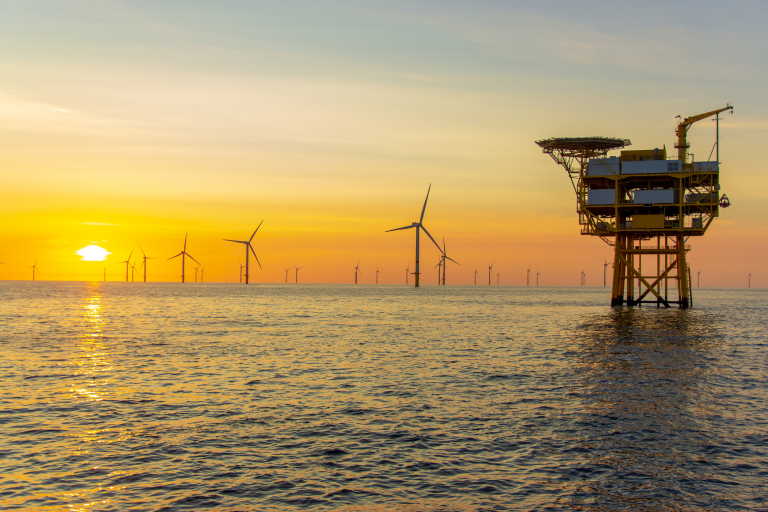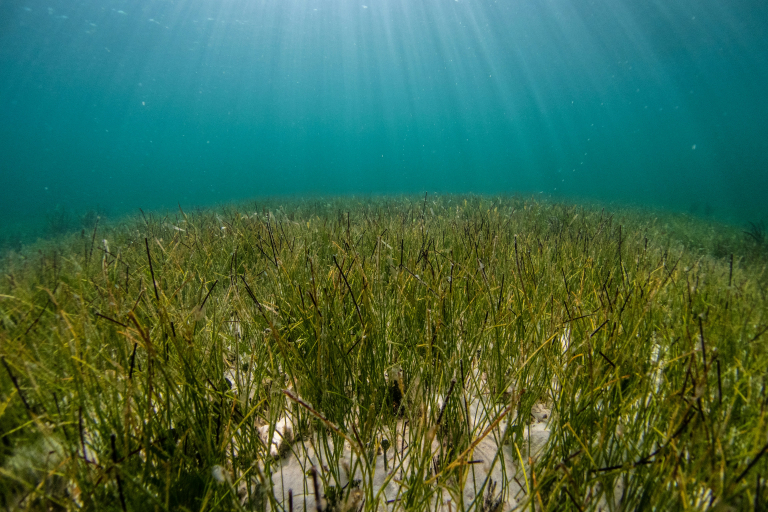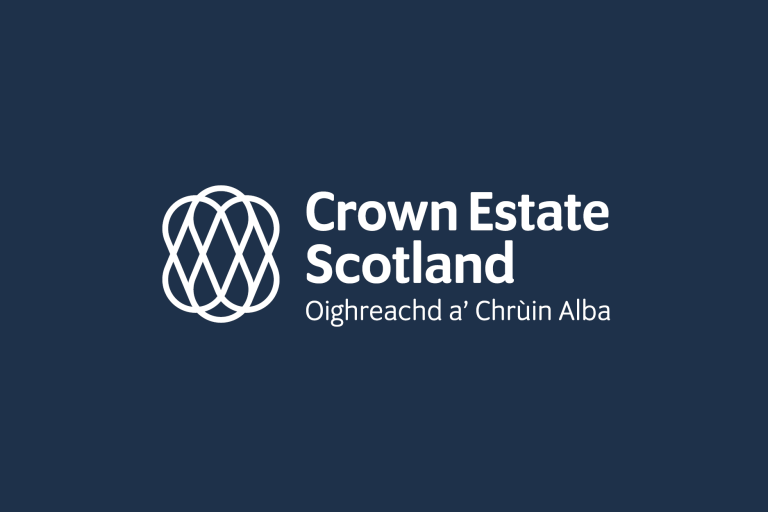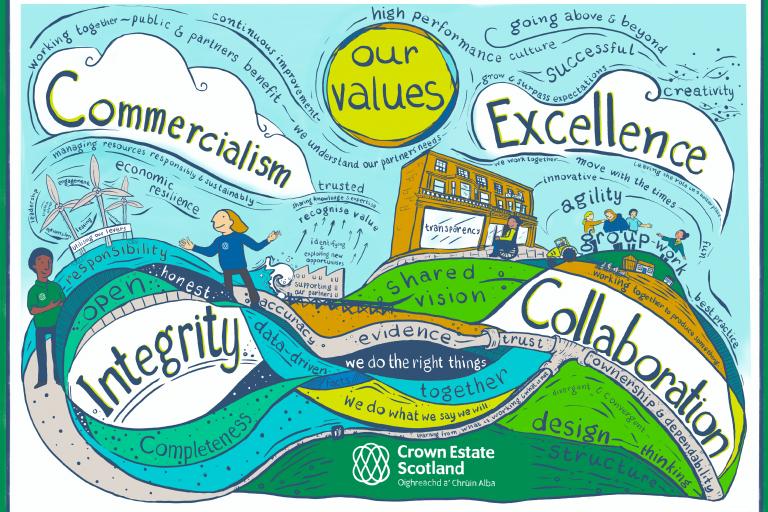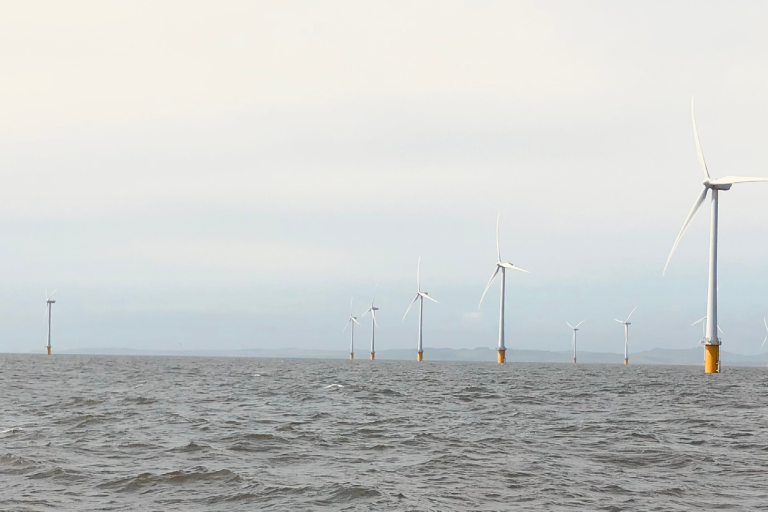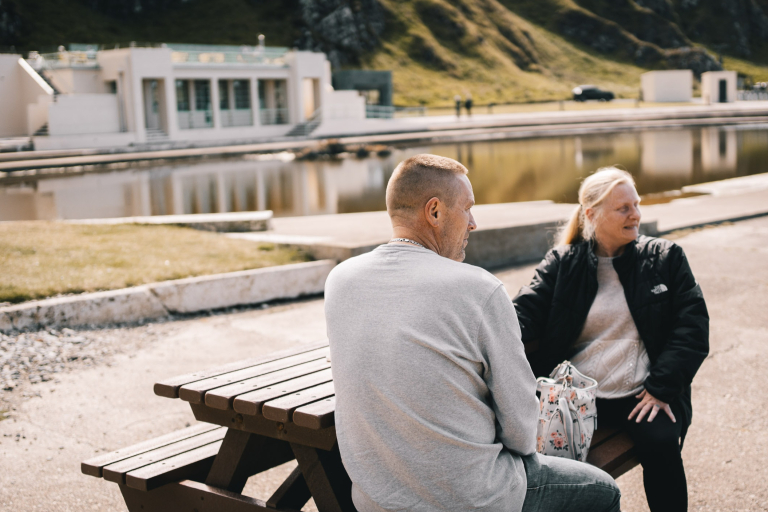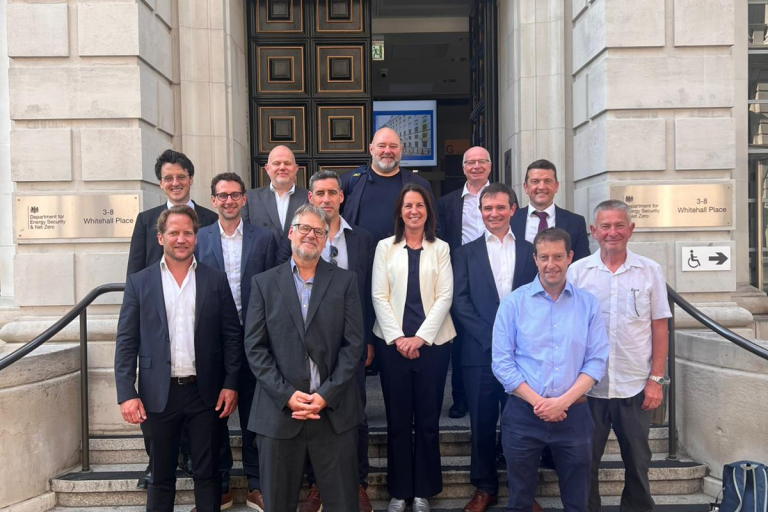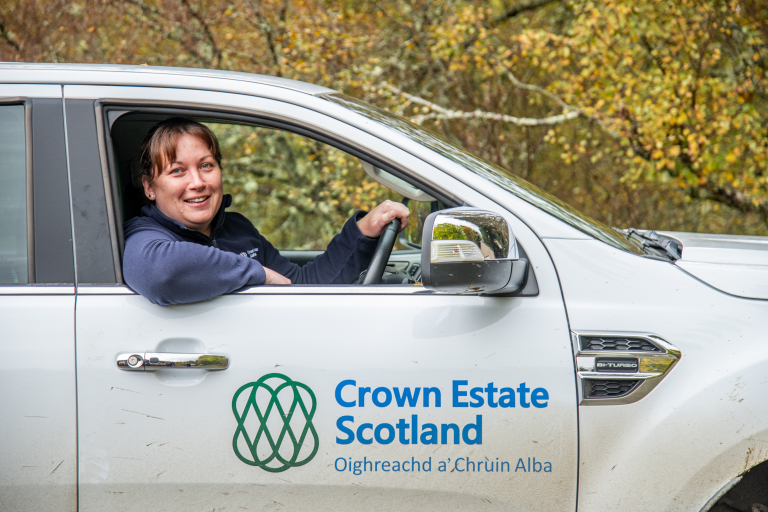Crown Estate Scotland recently commissioned a study into the additional value which can be generated for communities which adopt local energy systems.
The report from this study, published today, considers a place where both offshore and onshore generation is feeding in to an island-based energy system – in this case, Orkney’s Surf’n’Turf project – and explores the wider value that adoption of such a system can bring to the local community.
About Surf’n’Turf
The Surf ‘n’ Turf project is an innovative energy system located in the Orkney Islands, off the north coast of mainland Scotland. The project has been developed as a partnership between Community Energy Scotland, Eday Renewable Energy Ltd and EMEC.
The project produces hydrogen using curtailed onshore wind and tidal power from the island of Eday. The hydrogen is then transported to Kirkwall Harbour on the island of Orkney Mainland where it is used to generate electricity and heat for berthed ferries and harbour buildings.
Key findings of the study
In addition to immediately quantifiable benefits to the local economy, the Surf ‘n’ Turf project brought wider value to the community in a range of ways:
- A high proportion of investment in the operation of the project recirculates within and is retained by the local economy on Orkney;
- It has a positive effect on wellbeing, with stakeholders overwhelmingly agreeing that the Orcadian community is proud to be part of such a ground-breaking initiative;
- It demonstrates Orkney’s potential as a site for further renewables deployment and, in combination with other projects, has led to the identification of Orkney as a ‘hydrogen hub’; and
- It has created jobs and training in maintenance, gas engineering and hydrogen transportation It has also created stimulus to develop hydrogen training locally in Orkney, and has contributed to the retention of working population and graduates in the islands
Mark McKean, Development Manager for Crown Estate Scotland, said:
“These findings give us real insight into how the addition of onshore systems components to any offshore renewables projects might benefit and impact communities. They also show that the use of economic modelling and wellbeing assessments can be helpful to all the stakeholders in development projects, giving them a better understanding of the wider value on offer from those projects.
"Crown Estate Scotland will continue to investigate opportunities to enable the offshore renewables sector and support Scottish Government ambitions around net zero, smart energy systems and local communities.”
Read the report here.


